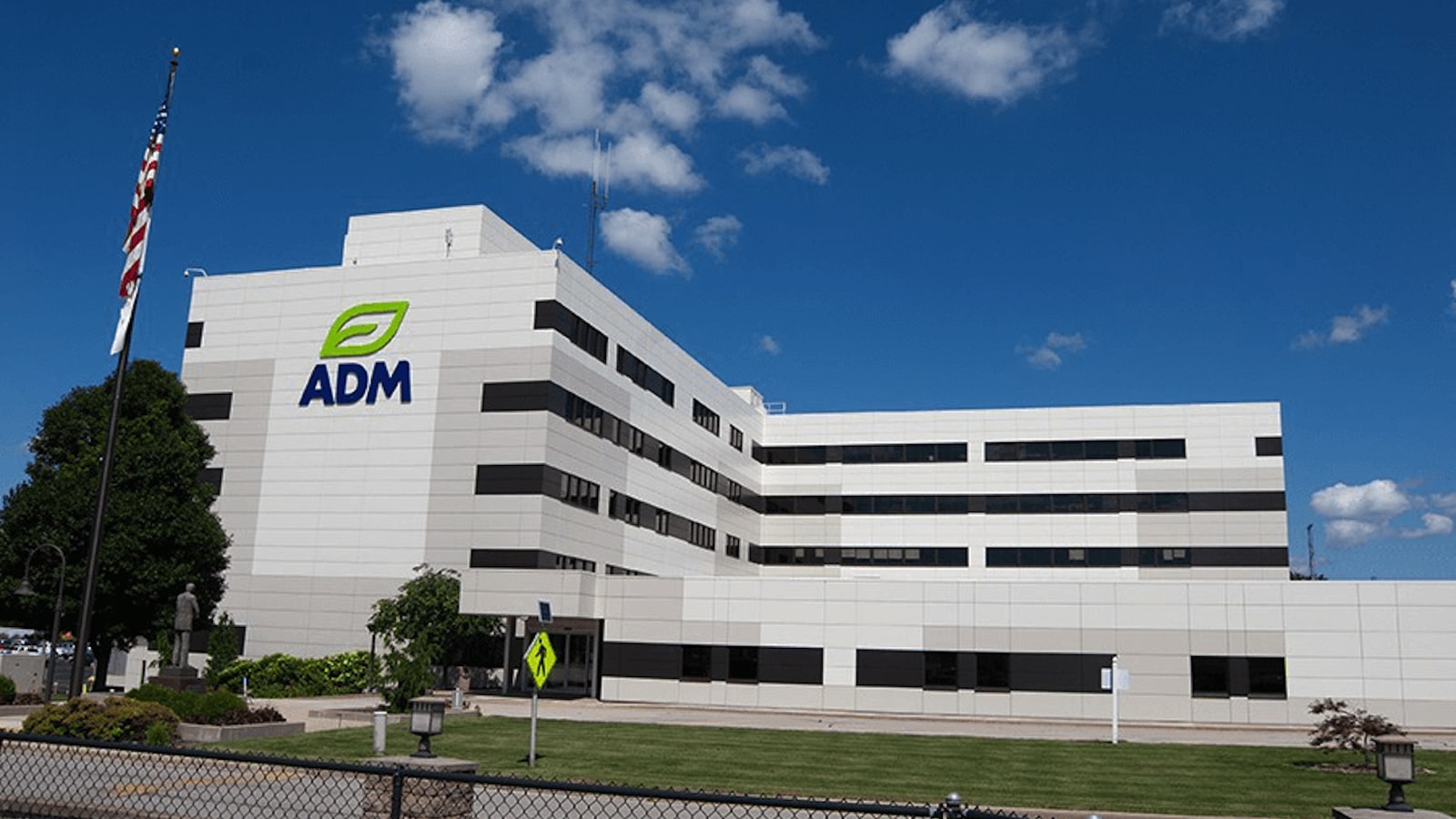But if CCS operations leak, they can pose significant risks to water resources. That’s because pressurized CO2 stored underground can escape or propel brine trapped in the saline reservoirs typically used for permanent storage. The leaks can lead to heavy metal contamination and potentially lower pH levels, all of which can make drinking water undrinkable. This is what bothers critics of carbon capture who worry that it’s solving one problem by creating another.



If you’re doing CC from air then yes but if you are using something like Exxon’s CFZ technology then maybe not. CFZ is used on the production side to remove the “sour” stuff (like CO2) from natural gas before its burned.
BTW ExxonMobile built that CFZ plant in LaBarge, Wyoming and it’s been operating for over a decade and its now being expanded.